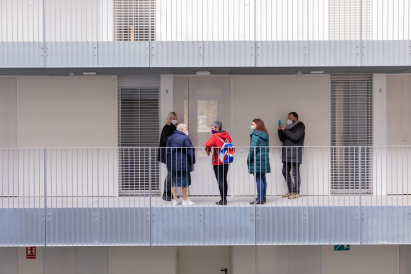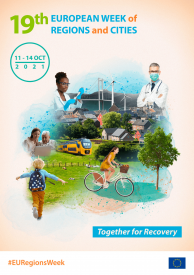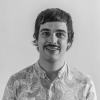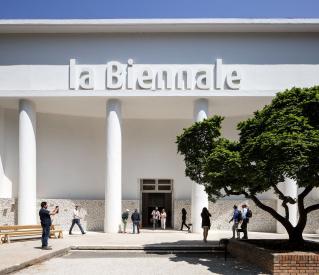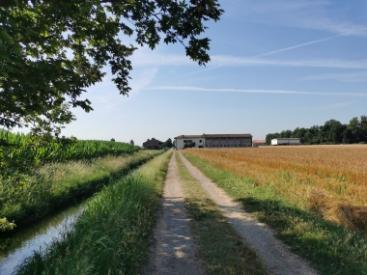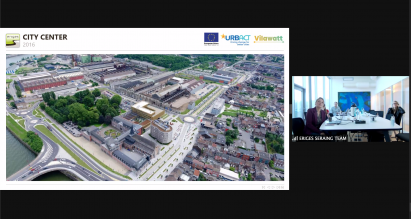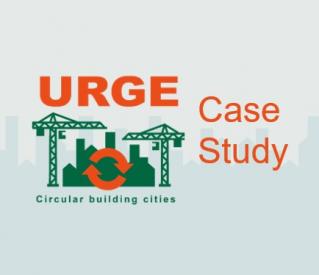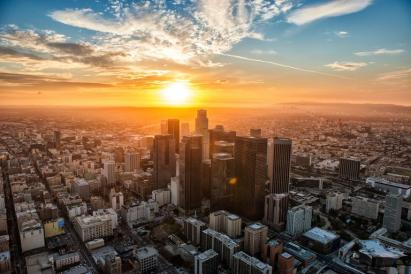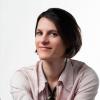Innovatív városi módszerek a szegény városrészek megsegítésére
Az URBACT partnerek jó gyakorlatait felhasználva a városok bevonják a lakosokat saját környezetük megújításába.
Hogyan tudnák a városok támogatni a városrehabilitációs törekvéseket a megszorítások közepette? A támogatásokért folyó versengés helyett hogyan lehetne a lakókat arra ösztönözni, hogy összefogjanak és részt vegyenek a környezetük megújítását támogató projektekben? Ez csak kettő azon kihívások közül, amelyekkel a hatóságok ma is szembesülnek, annak ellenére, hogy az EU-s szakpolitikák már régóta foglalkoznak a városi szegénység kérdésével. Az URBACT szakértője, Tosics Iván két olyan várost vizsgál meg, amelyek új, közösségalapú megközelítést alkalmaznak a városmegújítás terén – az URBACT partnervárosai inspiráló tevékenységének köszönhetően.


